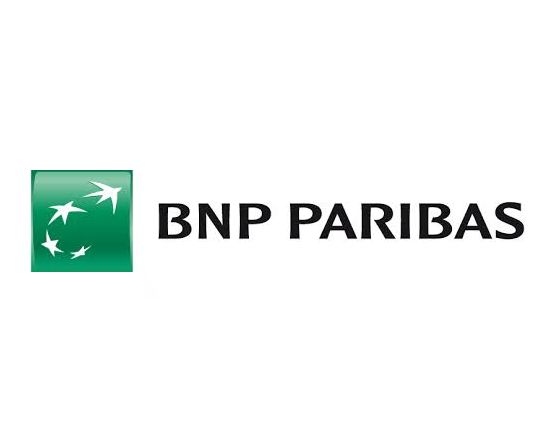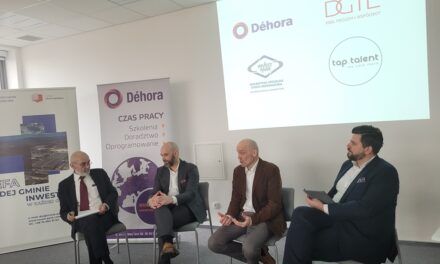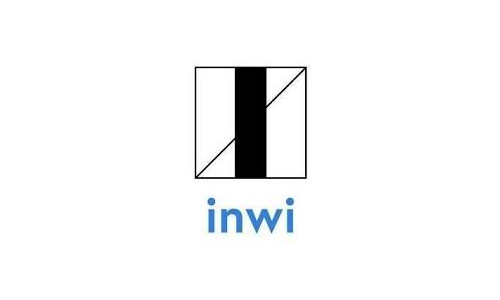
By Jarek Rot, chief sustainability officer at Bank BNP Paribas

The world needs climate neutrality. Although we have known this for a long time, action has proved too slow. Politicians, businesses and ordinary citizens can be divided into the aware, willing to make an effort for the planet; deniers, refusing to recognise climate change or human responsibility for it; and those living from day to day with no thought for the future.
The force of these groups was long held in balance, while the problems associated with climate change seemed far off, not directly impacting current generations. That time has passed. Today we know that the time we are living in is the last moment to act. The failure to act will have an effect not just a century from now, but on ourselves.
Currently, it is not difficult to predict what scale of problems we may face if we humans do not stop contributing to the degradation of the planet. These problems will not bypass anyone and will not be limited to natural phenomena. If we do not change anything, we will face not only droughts, floods or tornadoes. They will be followed by poverty, uncontrolled migrations, wars over commodities, and utterly unpredictable social changes. Therefore, we must not be fooled by populist claims that global warming will not harm our part of the world. Climate is fundamental for the development of humanity in all areas. Deepening inequalities, conflicts, and other societal challenges will be unmanageable if we allow the destruction of the natural environment, and the modern globalized world is set up like a row of dominoes.
The time has come when tough decisions can no longer be put off until later. Achieving climate neutrality requires sweeping actions – a revolutionary economic transformation. If we do not take the right steps now, global CO2 emissions will grow from 35 billion tonnes in 2020 to 43 billion tonnes in 2050. Protecting our planet is not only our moral obligation but also a profitable investment. In the changing business environment, companies knowing how to manage their carbon footprint properly will grow in value. Renewable energy sources or energy efficiency mean investing in a better future also businesswise.
The key role of the financial sector
The economic transformation ahead requires huge involvement of the financial sector, particularly in countries like Poland, where banks account for about 80% of the financing for development projects. When granting credit, banks impact the entire environment in which they function. They play a crucial role in the transformation of their customers’ operations, and thus set the course for changes shaping the economy. This allows banks to support pro-ecological trends, through decisions to finance or not finance specific projects or industries, to direct economic growth along the track toward climate neutrality.
At Bank BNP Paribas, we predicted this trend at a very early stage. We are prepared to respond decisively to the emerging challenges, and seek to be a leader in sustainable finance. Our new strategy for 2022–2025, GObeyond, integrates business aims with aspects of sustainable growth. One of the pillars of the strategy, POSITIVE, ensures that actions taken by the bank will have a positive impact on society, business, and the environment. We are focused on developing an environment-friendly and society-friendly offer, and products combined with ESG assessment and results. One of the key commitments we have made in GObeyond is to increase the share of sustainable assets from 4.5% in 2021 to above 10% in 2025 (Sustainable loans and advances / total loans and advances to customers – outstanding portfolio, measured at amortised cost)
It is vital for us to build a product line that best meets the needs of our customers, while at the same time clearly stressing that the transformation toward a climate-neutral economy can be treated not as a cost but as an investment. Sustainability-linked loans are a great example of an innovative product that fits this philosophy. SLL is a form of financing in which the margin is partly dependent on the progress agreed with the client in achieving sustainable development goals defined together with the bank. How does it work in practice? Together with Velvet Care, for instance, we have developed four goals focused on reducing water consumption, cutting the weight of packaging, certification of raw materials, and job safety. And in cooperation with WP Holding and consortium members, we added KPIs regarding ESG to our existing loan agreement, including increasing the share of renewable energy sources in electricity consumption.
But incentives in the product line are not the only factor that can and should motivate firms to change. They must also be aware that they will find it harder to access capital if they do not meet the expected norms. Enterprises whose operations generate heightened social and environmental risk, but which have not adopted a strategy for minimizing their negative impact and do not take determined action to reduce this impact, will find their access to financing seriously restricted. This results not only from a rigorous approach on the part of banks, but primarily from requirements enshrined in national and EU regulations. It is estimated that the EU’s new Corporate Sustainability Reporting Directive will cover about 50,000 companies. They will be required to report issues of sustainable growth in compliance with uniform European Sustainability Reporting Standards. Significantly, the reporting must clearly present the link between ESG measures and financial results.
An organisation prepared to transform
Such a strong emphasis on the development of a sustainable offer would not be possible without an appropriate internal structure stimulating innovation and facilitating cooperation between various business areas of the organisation.
In 2022 we created the Sustainability Area, which coordinates, across our bank, activities aimed at sustainable development and achievement of UN 2030 Agenda. The area comprises three departments. The Energy Transformation Support Department is responsible for cooperation with domestic and international financial institutions and organisations to support the market in energy transformation. The responsibility of the CSR and Sustainable Finance Department is to coordinate implementation of the bank’s strategy for sustainable development and ESG, cooperation with internal and external stakeholders and rating agencies, monitoring the ESG risk of customers and the bank’s transactions, and coordination of CSR policies and analyses. The Sustainable Development Initiatives and Reporting Team is a unit cooperating with the bank’s areas in implementing sustainable development tasks, responsible for budgeting and reporting processes and supervision of strategic initiatives. Regardless of the coordinating role of the Sustainability Area, it is crucial for the whole organisation – its business lines and support functions – to share the commitment to sustainable development.
Undoubtedly, this structure helps build a business leadership position in the field of sustainable finance. But the attitude of employees is also a key factor. We share concern for the planet and an awareness that only a deep green transformation can save us from the disastrous effects of climate change. We approach this not only in terms of business challenges and opportunities, but above all as an ethical commitment to the earth and society. Companies need to understand the fundamental role they have to play in the transition and make their best effort to manage ESG well.
This is a pivotal moment in history. We are faced with decisions on which depends not the distant future, but our own fate. The green transformation is not a fad – it is a historical challenge for which the current generations will be held accountable. We will overcome it only by mobilising all our forces. Business is not excluded from this process. On the contrary, it plays an irreplaceable role.



























